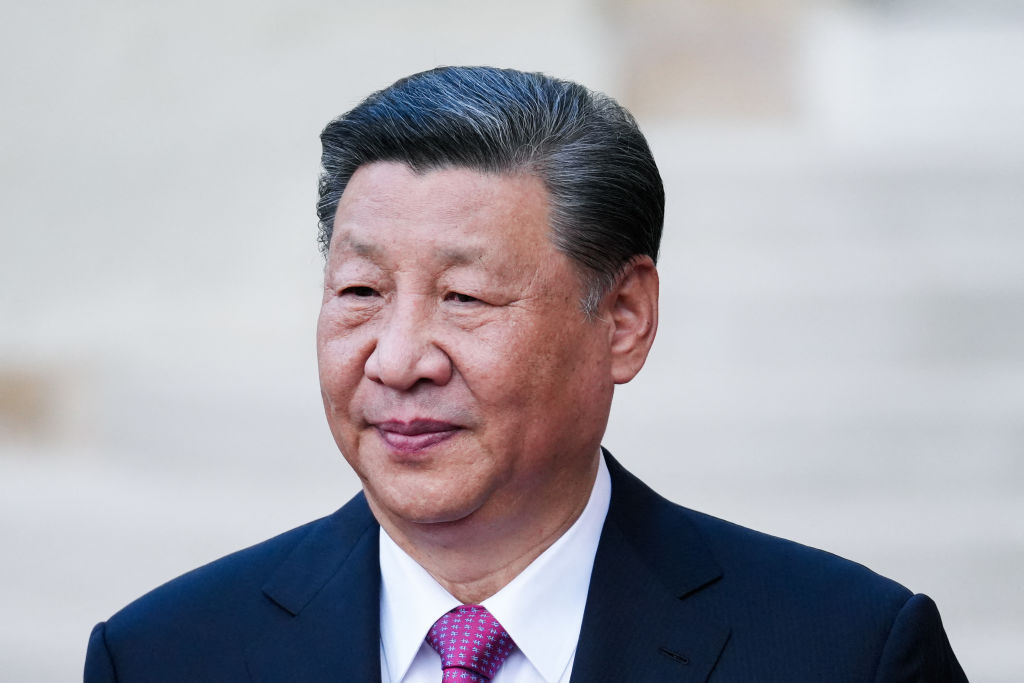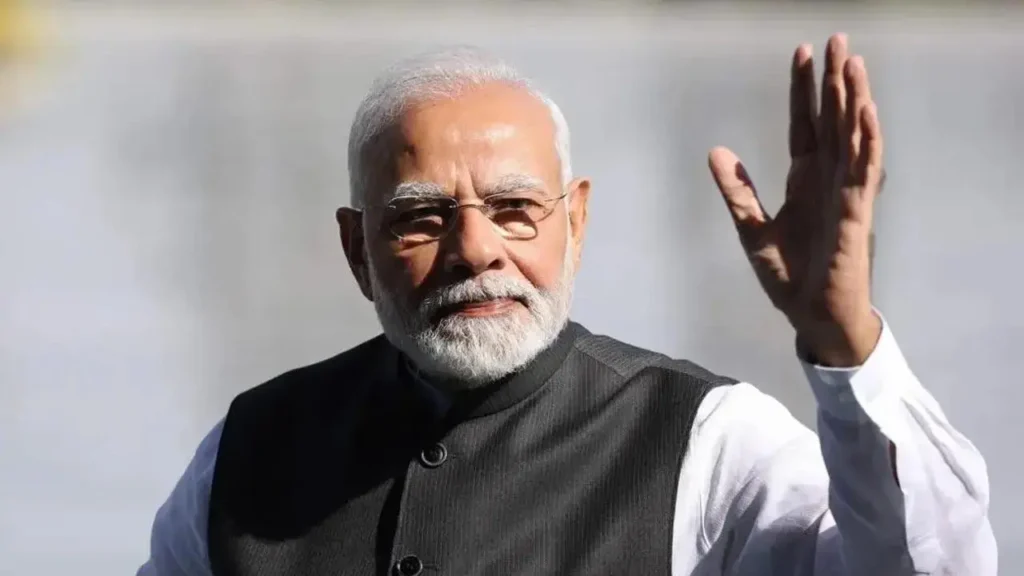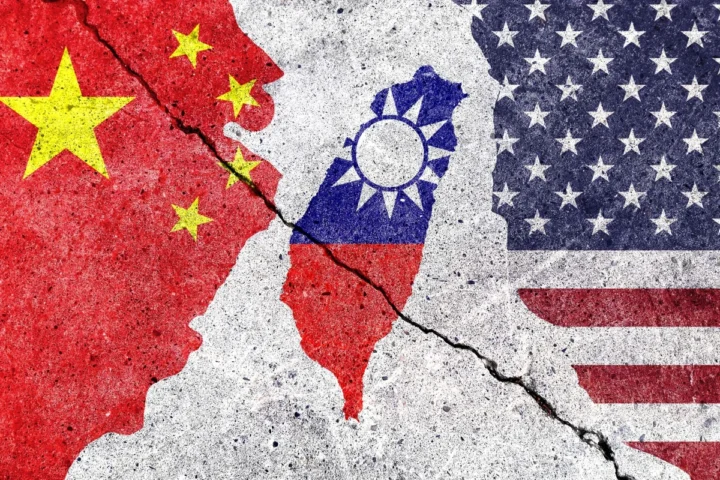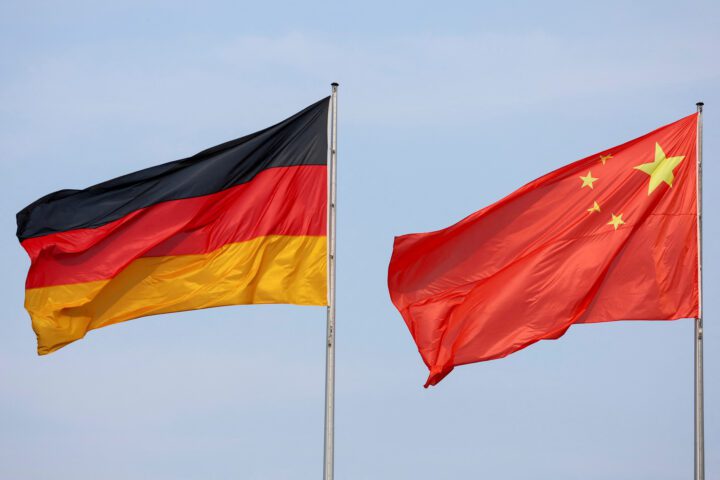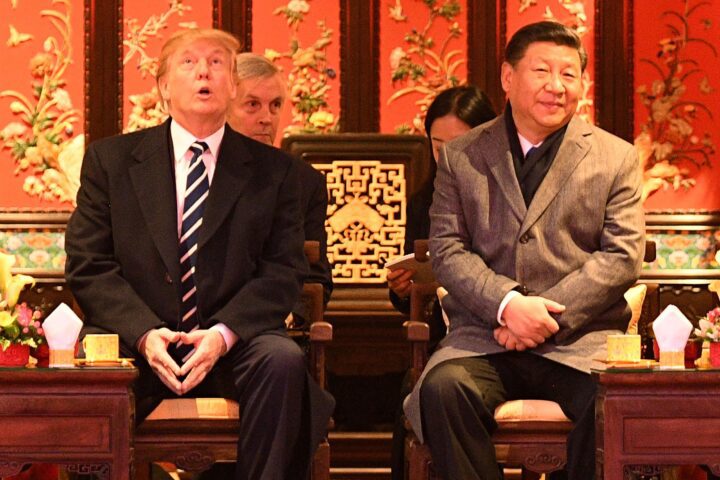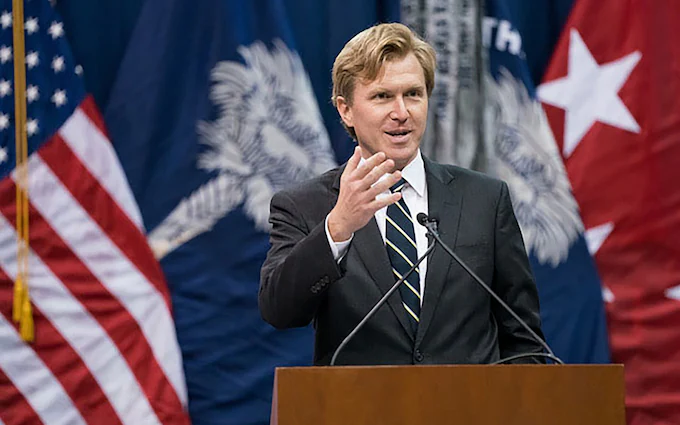Vladimir Putin, the President of Russia, is a central figure in global politics, known for his strong leadership and strategic acumen. Born on October 7, 1952, in Leningrad (now Saint Petersburg), Putin’s rise to power has been marked by his background in intelligence, his political maneuvering, and his vision for Russia’s place in the world.
Early Life and KGB Career
Putin grew up in a working-class family and studied law at Leningrad State University. After graduating in 1975, he joined the KGB, the Soviet Union’s main security agency.
His career in the KGB included a stint in Dresden, East Germany, where he served until the fall of the Berlin Wall in 1989. The collapse of the Soviet Union in 1991 marked a turning point in Putin’s career, leading him to enter politics.
Political Ascent
Putin’s political career began in Saint Petersburg, where he worked under Mayor Anatoly Sobchak. His competence and loyalty caught the attention of Boris Yeltsin, Russia’s first post-Soviet president.
In 1999, Yeltsin appointed Putin as Prime Minister, and later that year, Yeltsin resigned, making Putin the Acting President. Putin won the presidential election in 2000 and was re-elected in 2004.
Leadership and Policies
Putin’s leadership has been characterized by efforts to stabilize and strengthen Russia after the tumultuous 1990s. He implemented economic reforms that led to significant growth, driven by rising oil prices.
Putin also reasserted state control over key industries and cracked down on oligarchs who opposed him.
Domestically, Putin has maintained a tight grip on power, with critics accusing him of undermining democratic institutions and suppressing political opposition. His administration has been marked by allegations of human rights abuses and restrictions on freedom of the press.
Foreign Policy and Global Influence
Putin’s foreign policy has aimed to restore Russia’s influence on the global stage. He has pursued a more assertive stance, exemplified by the annexation of Crimea in 2014 and support for separatists in Eastern Ukraine. These actions led to international sanctions and strained relations with the West.
Putin has also sought to strengthen alliances with countries like China and expand Russia’s influence in the Middle East, particularly through military intervention in the Syrian Civil War.
His approach to foreign policy reflects a desire to counterbalance Western power and promote a multipolar world order.
Challenges and Controversies
Putin’s tenure has not been without challenges. The Russian economy has faced difficulties due to fluctuating oil prices and international sanctions.
Domestically, there have been significant protests against corruption and political repression. The poisoning of political opponents and allegations of election interference have further tarnished his international reputation.
Legacy
Vladimir Putin’s legacy is complex and multifaceted. Supporters view him as a strong leader who has restored stability and national pride to Russia.
Critics argue that his authoritarian tendencies and aggressive foreign policies have isolated Russia and undermined democratic principles. Regardless of perspective, Putin’s impact on Russia and global politics is undeniable.

